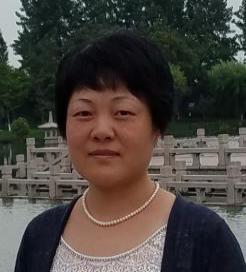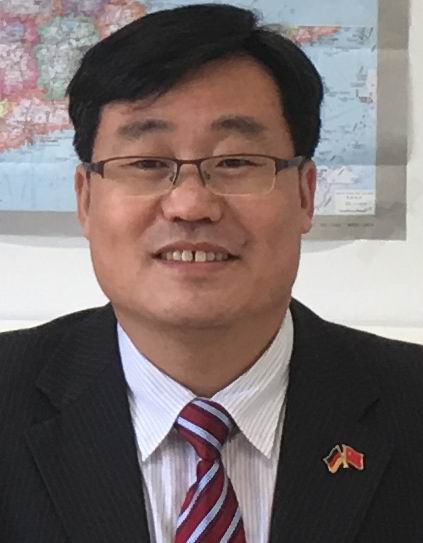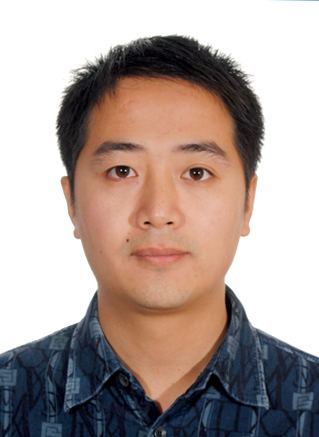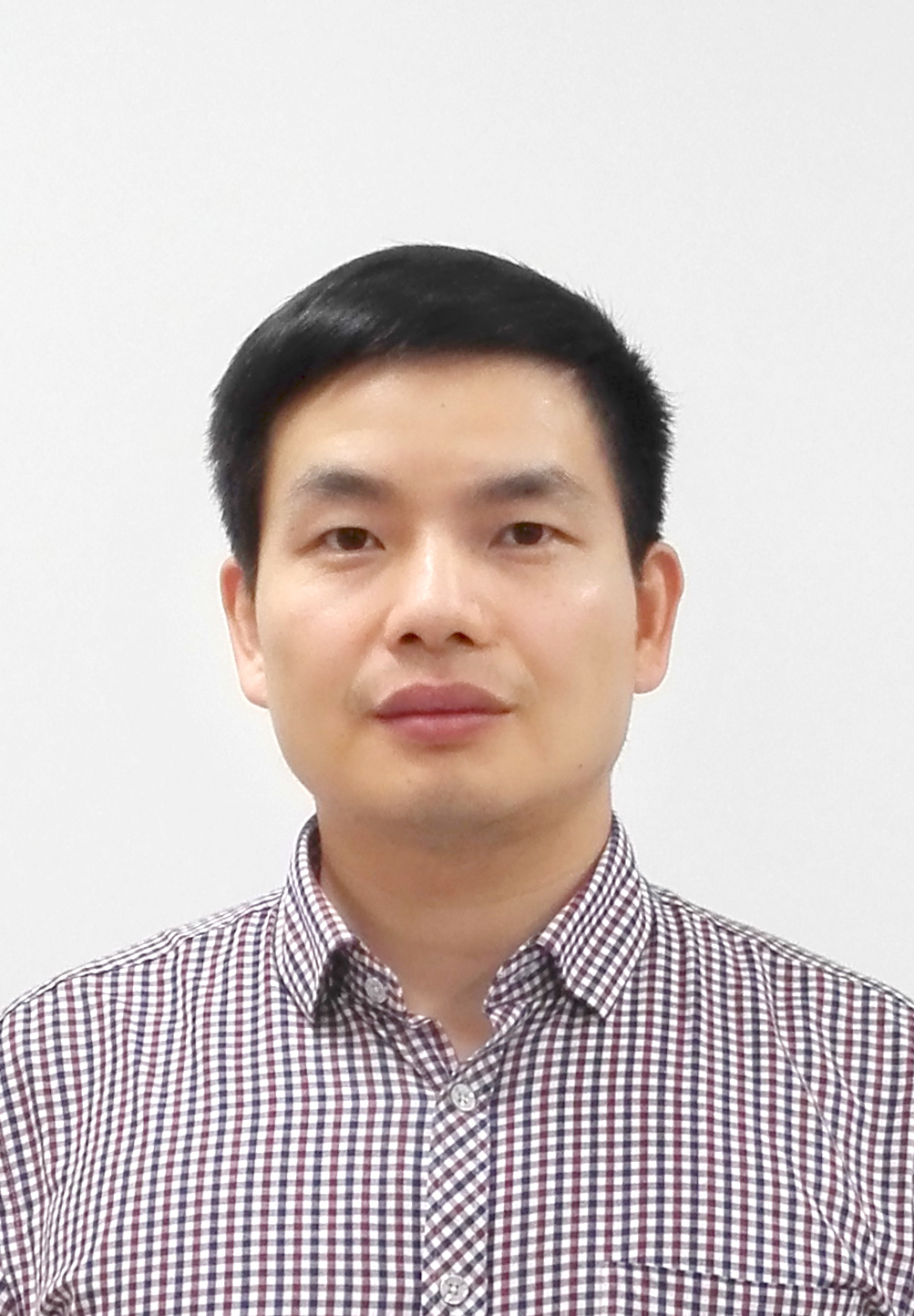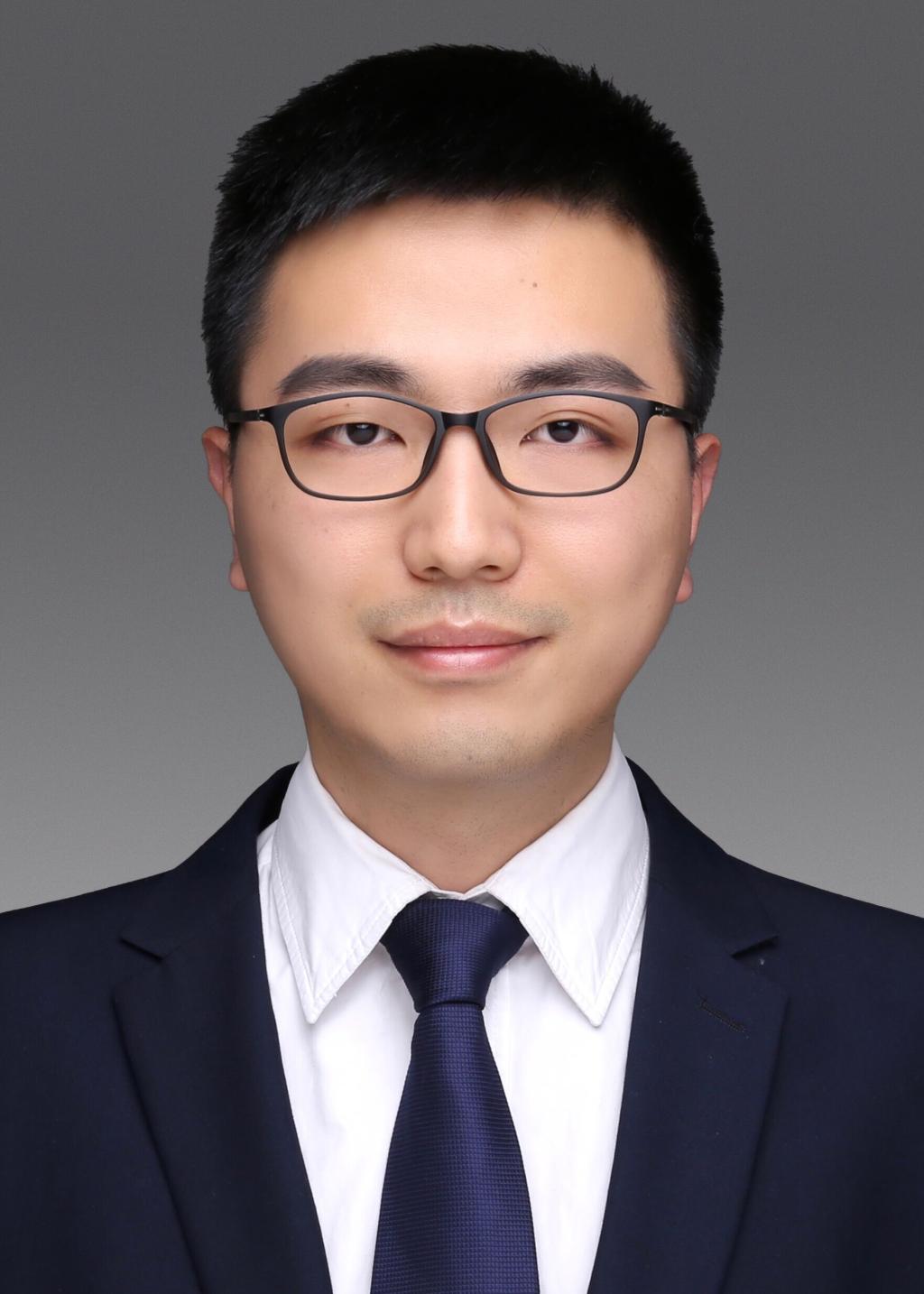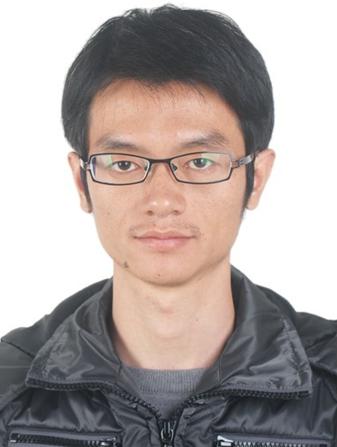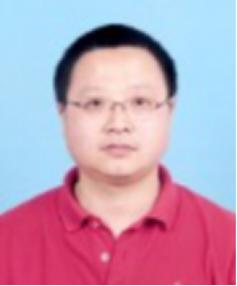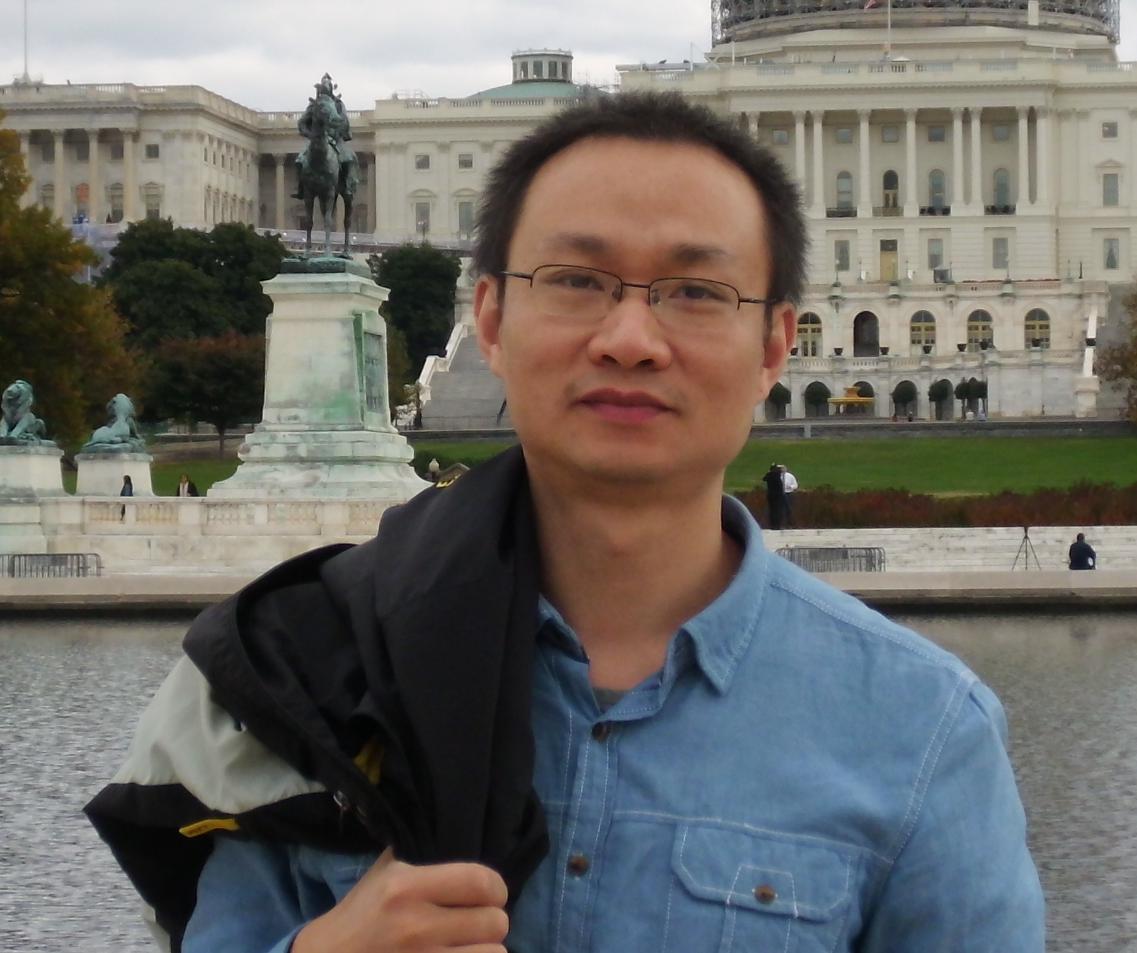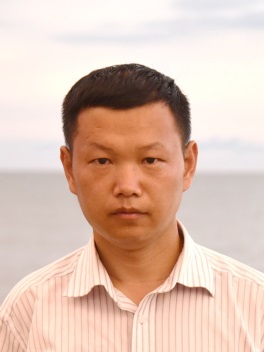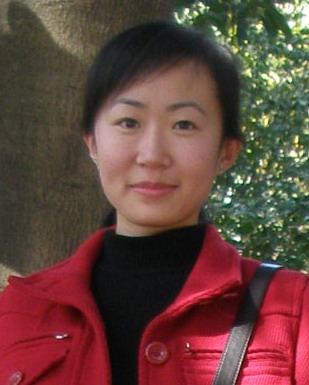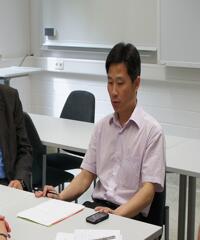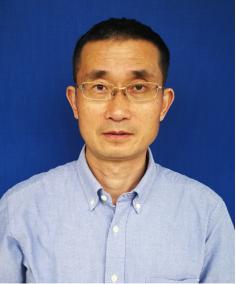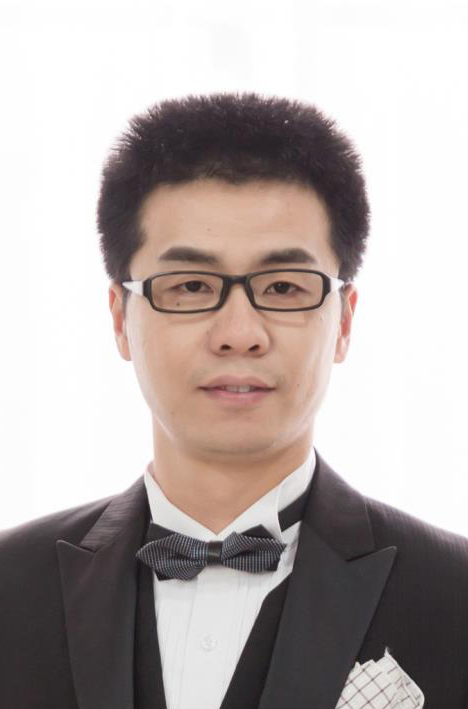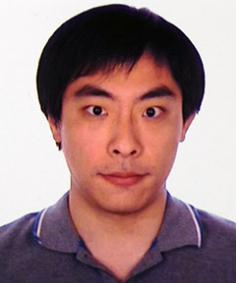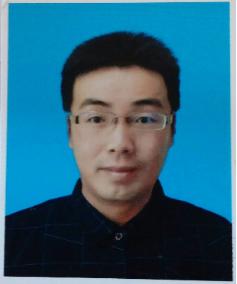| Degree: | Bachelor |
 Starting Date: Starting Date:
Please be subject to the starting date on admission letter you got, since the starting date may change.
|
Sep 13 , 2024 |
| Duration: | 4 Years |
| Teaching Language: | English |
| Tuition Fees: | RMB 18,000 per Year |
 Application Deadline: Application Deadline:
The deadline means the date of Beijing time. You are suggested to submit your application 3 or 5 days before the actual deadline so that you can have time for necessary changes on documents.
|
Jul 30 , 2024 |
 Application Fee: Application Fee:
The application fee charged by the university, CUCAS only collect on their behalf.
|
USD 82 (Check Policy) |
 Service Fee: Service Fee:
For the service CUCAS provide to you. If you get a scholarship while applying as a self-financed applicant, you need to pay another scholarship service fee of 200 USD.
|
USD 54 (Check Policy) |
- Zhejiang University of Science and Technology-Rockwell Automation Comprehensive Laboratory was established under the support of Rockwell Automation a world famous company in 2015.
- It is an automation engineering application base which can provide theoretical teaching and engineering practice platform for the majors of robotics engineering, automation, electrical engineering and its automation.
- It has 20 sets of PLC control experiment, asynchronous motor drive control experiment and servo motor control experimental device each, and 3 sets of college student competition training equipment.
- Students are assigned their personal mentors to guide in course selection, to suggest career path, to provide additional resources and laboratory access, to supervise after-class hands-on projects and competitions, to arrange on-campus part-time positions and industry internship opportunities.
- Our graduates have achieved excellent GPA performance and numerous competition awards, scholarships and honors.
1. Program Introduction
Editor Notes: By taking this educational program the students will be able to acquire a solid basis of specialized knowledge and practical engineering skills.
Robot engineering is a typical new engineering major that meets the global development trend of industry. It has strong novelty, practicality and comprehensiveness. Robot engineering trains system development, design, and application personnel with robots as the mainstay, and having both robot system and automation engineering application capabilities, control theory and mechanical and electrical system knowledge, and computer software and hardware design capabilities. Graduates of this major can find employment in the fields of robotics, artificial intelligence, electronic technology, automation, and computers, as well as entrepreneurship and development in many emerging high-tech companies in artificial intelligence and intelligent systems, or enter universities and research institutes for continuing studies. By taking this educational program the students will be able to acquire a solid basis of specialized knowledge and practical engineering skills.

Extensive practical platforms and interactive teaching methods
By taking this educational program the students will be able to acquire a solid basis of specialized knowledge and practical engineering skills. This major has a sound record of winning the championships of the nationwide robot contests in recent years, which will benefit those interested students. The department has a great variety of experimental instruments and devices that will also help students enhance their manipulative ability. The Department-Enterprise Cooperation Bases such as the SUPCON Tech. Co. Ltd., Holley Tech. Co. Ltd, MEACON Automation Ltd. etc provide a series of opportunities for extensive practical technical or marketing training.
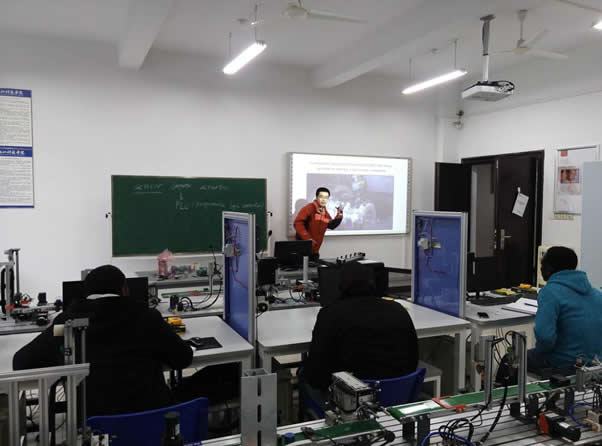
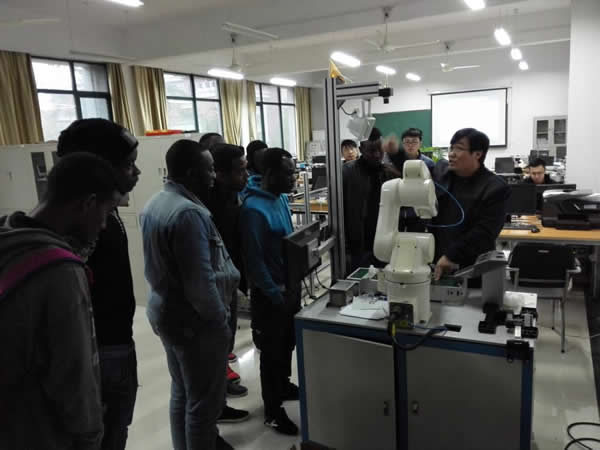
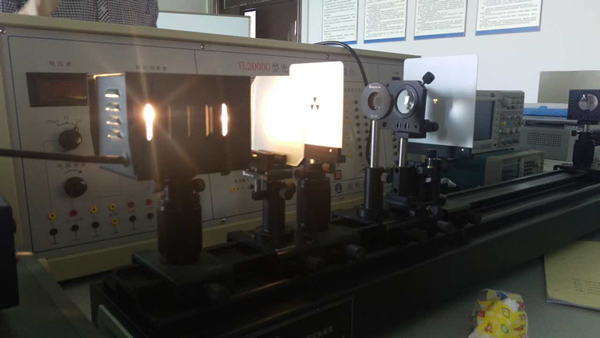
15 relevant and well-equipped laboratories: Measurement and Control Tech Lab, Photoelectric Detection Tech Lab, Automotive Electronic Lab, Sensor Technique Lab, Circuit Principle Lab, DCS Lab, PLC Lab, etc.
Strong Academic Team
The Department of Robotics Engineering has over twenty academic staff with rich industry and research experience. Almost all have Ph. D degrees from world-renowned universities, and over 80 percent have long-term overseas teaching or working experience in English.
|
|
Dr. Jing JIE. Professor. Course taught: Principle of automatic control. Her research focuses on intelligent computing and optimization, intelligent control, machine learning, pattern recognition based on biological signals. In 2014 she worked in University of Portsmouth as a visiting scholar. |
|
|
Dr. Beiping HOU. Professor. Course taught: Introduction to artificial intelligence. His research covers machine vision, image processing, and artificial intelligence technology. He was a visiting scholar at Harvard University in 2012-2013. |
|
|
Dr. Min KANG. Professor. Course taught: Fundamentals of electrical control. His work mainly includes electric drive, electric control and motor design. He was a visiting scholar at University of Applied Sciences, Hanover, Germany in 2012-2013. |
|
|
Dr. Shuguang LI. Associate Professor. Course taught: Virtual instrument and LabVIEW language. His research covers optical, automatic detection and control, photoelectric detection technology. He worked in Princeton University as a visiting scholar in 2010-2012. |
|
|
Dr. Le ZHOU. Associate Professor. Course taught: Automatic instrument. His work mainly includes data driven fault diagnosis and soft measurement, industrial big data analysis and application, artificial intelligence and deep learning. He worked in University of Southern California as a visiting scholar in 2013-2014. |
|
|
|
|
|
Dr. Zhengshun FEI. Associate Professor. Course taught: Signal and system. His research covers intelligent detection and measurement, data analysis and optimal control. He worked in University of Notre Dame as a visiting scholar in 2018-2019. |
|
|
Dr. Ping TAN. Associate Professor. Course taught: Measurement and control bus technology, embedded system. His research focuses on intelligent and safety control system, rail transit signal system and high-speed rail monitoring system. He was a visiting scholar at University of Texas at Austin in 2018-2019. |
|
|
Dr. Zhe JIN. Associate Professor. Course taught: Circuit and electronic technology. His research focuses on signal processing, nonlinear system modeling, virtual instrument technology. He was a visiting scholar at University of Texas in 2014-2015. |
|
|
Dr. Bingqiang HUANG. Research Associate. Course taught: Sensor and detection technology, basis of intelligent instrument design. His research covers process control and reinforcement learning. He worked as a development engineer in Sumitomo Chemical in Japan in 2008-2011. |
|
|
Dr. Hui ZHENG. Lecturer. Her research covers swarm intelligence optimization, target recognition and tracking, industrial process control. The major courses she teaches include building detection technology and instrument control system, Instrument and control of urban water engineering and so on. she was a visiting scholar at University of Illinois at Urbana Champaign in 2016-2017. Xiaodong XIANG. Associate Professor. Director of China Germany United Automotive Electronics Research Institute. Course taught: Microcomputer principle and interface technology. His research covers automotive electronics, network appliances. Limin SHEN. Senior Experimentalist. His research focuses on motor speed regulation and programmable control. He was a visiting scholar at University of Applied Sciences, Hanover, Germany in 1999-2000.
Dr. Zihui WANG. Lecturer. He received the Ph. D degree from Zhejiang University and Aalborg University in Denmark. Course taught: Principle and application of PLC, Electrical materials and technology. His research focuses on motor drive control, new energy vehicle, industrial robot, smart home.
Dr. Shuang WAN. Lecture. He received Ph. D from Hong Kong University of Science and Technology. Course taught: Fundamentals of robot control, Principle of automatic control. His research focuses on network control, robust control, stochastic linear system. Dr. Yong NING. Lecture. Course taught: Fundamentals of electric motor and electric drive, digital image processing. His research focuses on biomedical signal processing and its application. He worked in University of Portsmouth as a visiting scholar in 2018-2019. |
Related English-taught Master Program
Offered by the same School of Automation and Electrical Engineering (AEE), Intelligent Manufacturing and Control Engineering is an interdisciplinary discipline with electrical engineering, control engineering, computer science and technology, and mechanical engineering.
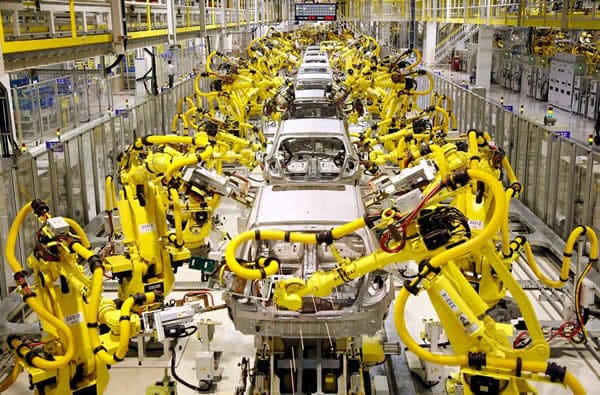
2. Training Goal
Editor Notes: This program is a practical program aims in training students with diverse recruitment prospect in many relevant industrial areas.
By completing the program, graduates will have a diverse recruitment prospect in many relevant industrial areas including, but not limited to: electronics, optics, electrical engineering, robot technology, photoelectric instrumentation, photoelectric detection technology, precision measurement technology, automation, artificial intelligence and embedded computer science, depending on their interests and personal skills. They can conduct scientific and technological research, industrial practice and carry out various experiments in related high-tech enterprises such as SUPCON, HOLLEY, MEACON, BOSCH, BMW, SIEMENS, HUAWEI, PHILIPS, Midea, GREE, etc. and in research institutes or related higher education institutions.
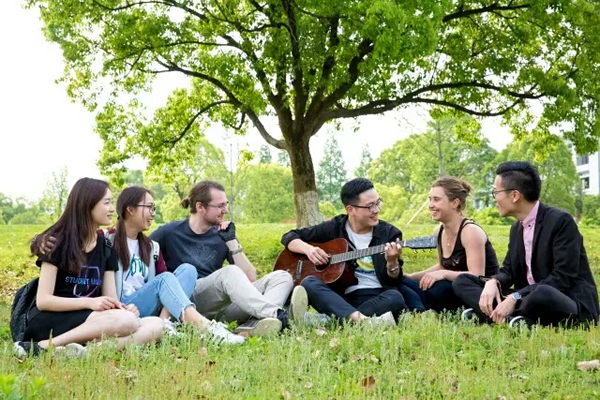
3. Program Structure
Editor Notes: It will be very enriching during the study period, students may study over 11 courses in the program.
| Circuit Principle and Electronic Technique | Sensors and Testing Technology | Machine Vision and Digital Image Processing |
| Engineering Optics | Single-Chip Microcomputer Principles and Applications | Photoelectric Detection Technology |
| Fundamentals of Robot Control | Signal and System | Automatization Instrumentation |
| Virtual Instrument and LabVIEW Language | Embedded System (DSP, ARM or EDA) |
4. Graduation Orientation
Editor Notes: After four years of study in Robotics Engineering, approximately half of the graduates start a career in the industry, qualified as system engineers, hardware engineers, algorithm engineers or project managers.
Career Prospects
Currently, many countries have realized the importance of robots and all raised their ambitious plan on introducing more robots into industry, economics and other related areas. Germany invented the phase “Industry 4.0” and China also proposed “Intelligent manufacture 2020”. Thus the research and application on robots is highly promising to be prosperous and has only made a successful start of an even brighter future, creating a lot of practice and job opportunities. The Robotic Technology and Artificial Intelligence are in rapid development, and therefore all kinds of new intelligent systems such as industrial robotic, internet of things, vehicular networking, unmanned vehicle, unmanned aerial vehicles emerge in endlessly, which requires many robotics engineering talents, maintaining the optimistic prospect of employment.
After four years of study in Robotics Engineering, approximately half of the graduates start a career in the industry, qualified as system engineers, hardware engineers, algorithm engineers or project managers, who can go to the robotics, electronics, artificial intelligent, information technology companies such as HUAWEI, Panasonic, SIEMENS, Rockwell, Alibaba, Supcon, Media, GREE etc.
The other graduates continue to pursue postgraduate studies, in universities around China and overseas e.g. in Europe. Their excellent academic performance and extra-curriculum activity gives them an overwhelming advantage in scholarship applications. And many graduates proceed to pursue master’s degree at our own AEE school with familiar supervisors.
Long standing international academic cooperation and intensive collaboration with local enterprises
The department has long-history international cooperation with universities in Germany and US, and has yearly exchange visiting teachers and students. The professors and tutors have rich overseas experience in teaching and conducting scientific research, or have long-term industrial experience at enterprises. Students will have good opportunities to practice or conduct internship at local well-known enterprises.
5. School Introduction
Editor Notes: Located in Zhejiang Province, which is one of the most prosperous provinces in China.
Zhejiang University of Science and Technology (ZUST) is a multi-disciplinary university with an emphasis on engineering, and incorporating disciplines in science, arts, economics, management, and education. Combining the successful administrative experience of German universities of applied sciences with its own experience, ZUST explores ways of cultivating international talents with innovative spirits and strong skills. Learn More>>
1) Applicant should be aged between 18 and 45.
2) Applicant should be in good health.
3) With a high school degree or above, fresh high school graduates will be issued a pre-graduation certificate by the school they are attending.
4) Applicant should be foreign citizens. Foreign citizens of Chinese origin who are now applying to study in China as international students must have held a valid foreign passport for at least 4 years, and must have actually resided in a foreign country for at least 2 years in the past 4 years (as of April 30, 2023) (9 months of residence in a foreign country may count as a full year).
5) Applicant should have no criminal record and no drug addiction history; Applicant should be willing to abide by the laws and regulations of the People's Republic of China and relevant school regulations.
6) Language proficiency: Applicant for English-taught programs must provide IELTS, TOEFL or other English proficiency certificates or pass the Zhejiang University of Science and Technology Entrance English Test. IELTS scores must reach 5.5 points or above, TOEFL iBT scores must reach 80 points or above.
7) Applicant should take the university entrance examination or assessment.
| Tuition Fee | |
|---|---|
| Bachelor |
RMB 18,000 pre year RMB 72,000 in total (About $ 14,694) |
| Accommodation Fee | |
|---|---|
| Tingsong International Students Dormitory | |
| Double Room | RMB 600 (More Details) |
| Single Room | RMB 1,200 (More Details) |
| Donghe Building for International Students | |
| Double Room | RMB 400 (More Details) |
| Single Room | RMB 800 (More Details) |
| Other Fees | |
|---|---|
 Application Fee: Application Fee:
The application fee charged by the university, CUCAS only collect on their behalf.
|
RMB 400 |
 Service Fee: Service Fee:
For the service CUCAS provide to you. If you get a scholarship while applying as a self-financed applicant, you need to pay another scholarship service fee of 200 USD.
|
USD 54 (Check Policy) |
| Living Expense | RMB 2,180 to RMB 2,780 |
"*" means necessary documents that you must provide in your application.
*1. Application Form
Please upload your finished application form here.
*2. Certificate of No Criminal Record;
You can download a template or sample from here.*3. A statement of no drug addiction history.
You can download a template or sample from here.*4. Scanned copy of passport
With name, passport number & expiration date, and photo included(Photocopy of valid passport identification page. Passport must be an ordinary passport and be valid for at least six months. Applicants currently residing in China must include a copy of the page containing a valid visa or residence permit.)
*5. Passport photo
A recent passport-sized photo of the applicant
*6. Statement of Financial Support
Bank statement to prove that the applicant has sufficient fund to afford his or her tuition, accommodation and living expenses in China.
You can download a template or sample from here.*7. Valid Foreigner Physical Examination Form.
*8. Confirmation signature
To show you promise that all the information in your application form and all your application materials are true. You agree to upload your signature to confirm. You can sign your complete FULL NAME on a white paper and upload.
Note: the signature must be from the applicant himself or herself.
9. Transfer letter with class attendance for students already studying in other universities in China.
*10. Original or notarized electronic scanned copy of all transcripts of all courses in high school (in Chinese or English).
If you do not graduated,please provide high school transcripts of all courses or notarized copy (in Chinese or English).
*11. The original or notarized electronic scanned copy of the high school graduation certificate (in Chinese or English).
Fresh high school graduates shall be issued a pre-graduation certificate by their school, and the high school graduation certificate must be submitted when students register.
*12. English Language test result
Students whose native language is not English should provide proof of English proficiency (for English taught majors).
13. Supporting Documents: Certificate of Good Conduct
Provided by your current/previous school/company in Chinese/English to improve your success rate.
You can download a template or sample from here.14. Scanned copies of all visa pages in China (applicants in China must provide).
CUCAS Service
CUCAS provides best service in this industry to international students. Apply through CUCAS, you will enjoy:
- • Free Online Consulting, response within one working day.
- • Free access to Chinese university database, 20,000+ programs in 300+ top Chinese universities are available.
- • Free and easy-to-use online application system, only need 20 minutes to complete application.
- • Free accommodation booking.
- • Free DHL delivery - fast arrival and guarantee to get admission package.
- • Mostly get admission letter in 2 weeks.
- • Free visa guide, per-departure guide and students handbook.
- • Airport pick-up Service.
- • Money Transfer Service.
- • Chance to find alumni.
- Learn More>>

